Introduction – Why Skills Matter More Than Ever
In the fast-evolving world of technology, possessing just a degree is no longer enough. While formal education provides a strong theoretical foundation, the real differentiator in today's competitive landscape is practical, hands-on skills. Employers, startups, and even freelance clients now prioritize what you can do over what you know. This shift is not just a trend—it’s a transformation of the entire career-building process.
Gone are the days when a fixed syllabus in a college curriculum could prepare students for everything they’d face in the real world. With rapid technological advancements, new tools, frameworks, languages, and domains are emerging faster than ever before. Artificial Intelligence, Cybersecurity, Data Analytics, and Full Stack Development are not buzzwords anymore—they’re core elements of the future workplace. And students who remain limited to textbook knowledge will find it increasingly hard to stay relevant.
Another major shift is the global accessibility of knowledge. Today, anyone with an internet connection can learn from the best resources across the world—be it through online courses, YouTube, or internships with global companies. This democratization of education means more people are gaining skills at a faster pace, and to stand out, students must not only learn but also apply those skills in real-life projects.
Moreover, the startup ecosystem and freelance economy have opened doors for students to earn, build, and launch their careers while still studying. But to grab those opportunities, one needs to move beyond theory and build real, demonstrable abilities—something that only skills can offer.
The world is no longer looking for people who just “know.” It is looking for those who can “do,” “build,” and “solve.” In this blog, we explore the top seven must-have skills for every tech student in 2025—skills that will not only boost your resume but also empower you to lead in the digital age.
Skill #1: Python Programming
Python has become one of the most popular programming languages in the world—and for good reason. It’s beginner-friendly, versatile, and widely used across multiple domains such as web development, data science, artificial intelligence, machine learning, automation, and more. If you're a tech student in 2025, learning Python is not optional—it’s essential.
Why Python?
- Easy to Learn: Python uses simple and readable syntax that feels almost like English, making it perfect for beginners.
- Extensive Libraries: Whether you're building a website (Django, Flask), analyzing data (Pandas, NumPy), or training AI models (TensorFlow, PyTorch), Python has robust libraries ready for you.
- Versatile Application: From creating chatbots to automating Excel tasks or analyzing datasets, Python fits almost every use case.
How It Helps You Grow:
- Fast Prototyping: Startups love Python because you can go from idea to working product quickly.
- Career Opportunities: Python is in high demand across roles like Data Analyst, Backend Developer, AI Engineer, and Automation Tester.
- Strong Community Support: You'll never be stuck—millions of developers and tons of free resources are available online.
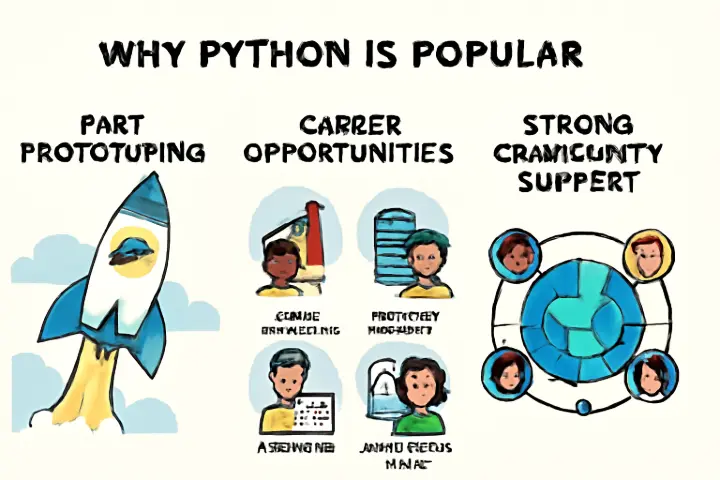
Real-World Tip:
Start with basics like variables, loops, and functions. Then move to object-oriented programming (OOP), file handling, and library usage. Finally, apply it through small projects like a to-do list app, data visualizer, or web scraper.
Skill #2: Web Development
In today’s digital world, web development is more than just building websites—it’s about creating seamless, interactive user experiences. Whether you're building a personal portfolio, a startup product, or a dashboard for data, web development is a must-have skill for every tech student in 2025.
Why Web Development?
- Foundational Skill: HTML, CSS, and JavaScript are the building blocks of the web.
- Frontend Frameworks Like React: React allows you to build dynamic, responsive, and modern web apps that users love.
- Full-Stack Advantage: Combine frontend with backend tools like Node.js or Firebase, and you can develop end-to-end applications on your own.
How It Helps You Grow:
- Portfolio Projects: You can showcase your skills through real web apps that employers and clients can visit.
- Freelance & Internships: Many startups and businesses seek skilled web developers for freelance gigs or remote internships.
- Startup Readiness: Want to launch your own idea? Start by building the MVP (Minimum Viable Product) yourself.
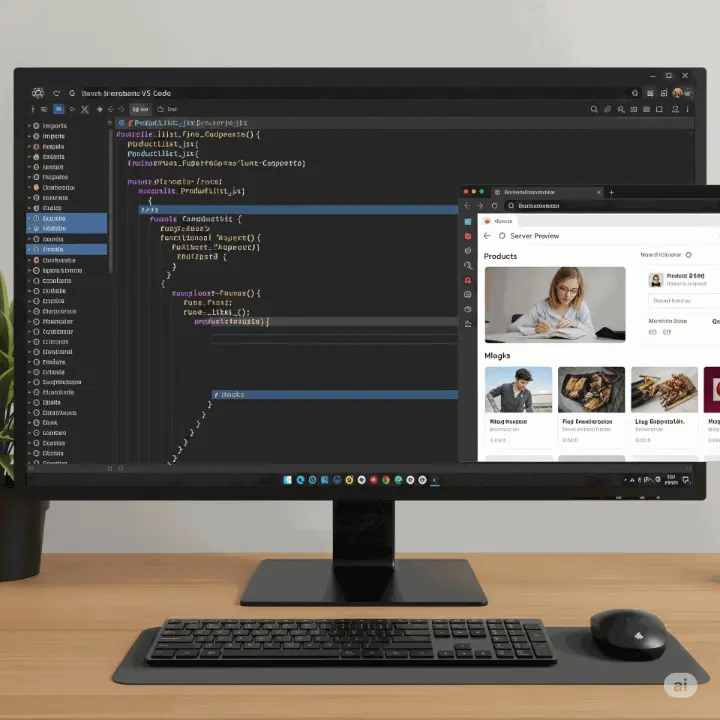
Key Concepts to Learn:
- HTML5 & CSS3: Structure and style your content.
- JavaScript ES6+: Add interactivity and logic.
- React.js: Build reusable UI components and SPA (Single Page Applications).
- Version Control: Learn Git and GitHub to manage code collaboratively.
Real-World Tip:
Practice by cloning websites like Netflix or Amazon. Participate in hackathons or build real projects like a portfolio, blog site, or weather app.
Skill #3: UI/UX Design
While code powers the backend of digital products, UI/UX design ensures users enjoy using them. No matter how powerful your app is, if it's not visually appealing or easy to use, people will leave. That’s why understanding the principles of User Interface (UI) and User Experience (UX) design is crucial for every tech student in 2025.
Why UI/UX Design?
- User-Centric Thinking: Learn to design products based on how users behave, not just how you want them to.
- Bridges Design and Development: Developers with design sense can create better products without needing a dedicated designer.
- Boosts Employability: Companies seek developers who understand layout, flow, and design systems along with functionality.
How It Helps You Grow:
- Design Your Own Products: From landing pages to admin dashboards, a good design makes your projects stand out.
- Collaboration Ready: Understand how to work with designers using tools like Figma or Adobe XD.
- Critical Thinking: You’ll develop empathy and the ability to simplify complex problems into intuitive interfaces.
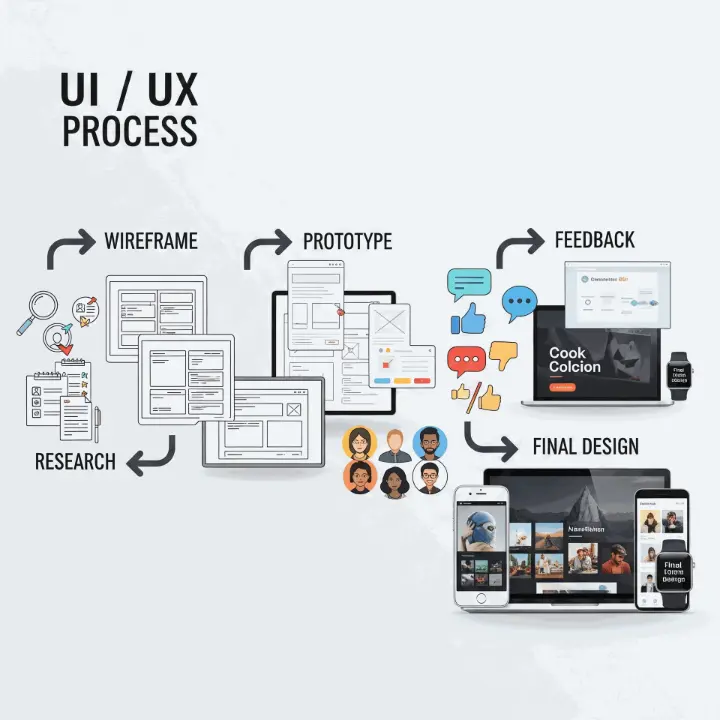
Key Concepts to Learn:
- Wireframing and Prototyping: Sketch your ideas before you code.
- Color Theory and Typography: Learn to use fonts and colors effectively.
- Design Tools: Master Figma, Canva, or Adobe XD.
- User Testing & Feedback Loops: Iterate designs based on real user feedback.
Real-World Tip:
Try redesigning an app you frequently use. What would you change about Instagram or a banking app? Then use Figma to create your version and share it on platforms like Behance or Dribbble.
Skill #4: Data Analytics and Visualization
In the digital age, data is the new oil—but only if you know how to extract value from it. Data Analytics and Visualization are essential skills that help you make sense of complex datasets, draw actionable insights, and present them in a way that decision-makers can understand. For tech students in 2025, these skills are not just for data scientists—they are for everyone who wants to think critically and work smart.
Why Data Analytics?
- Data-Driven Decisions: Every business, from startups to enterprises, relies on data to make strategic moves.
- Widespread Use: From marketing and finance to software and healthcare, analytics is relevant in every domain.
- Visualization Simplifies Complexity: Tools like Power BI, Tableau, and Python's Matplotlib turn raw numbers into visual stories.
How It Helps You Grow:
- Research Projects: Analyze real-world datasets for academic or portfolio projects.
- Internship Edge: Stand out in roles that require reporting, dashboards, or growth analysis.
- Business Thinking: Understand patterns, user behavior, or financial performance through numbers.
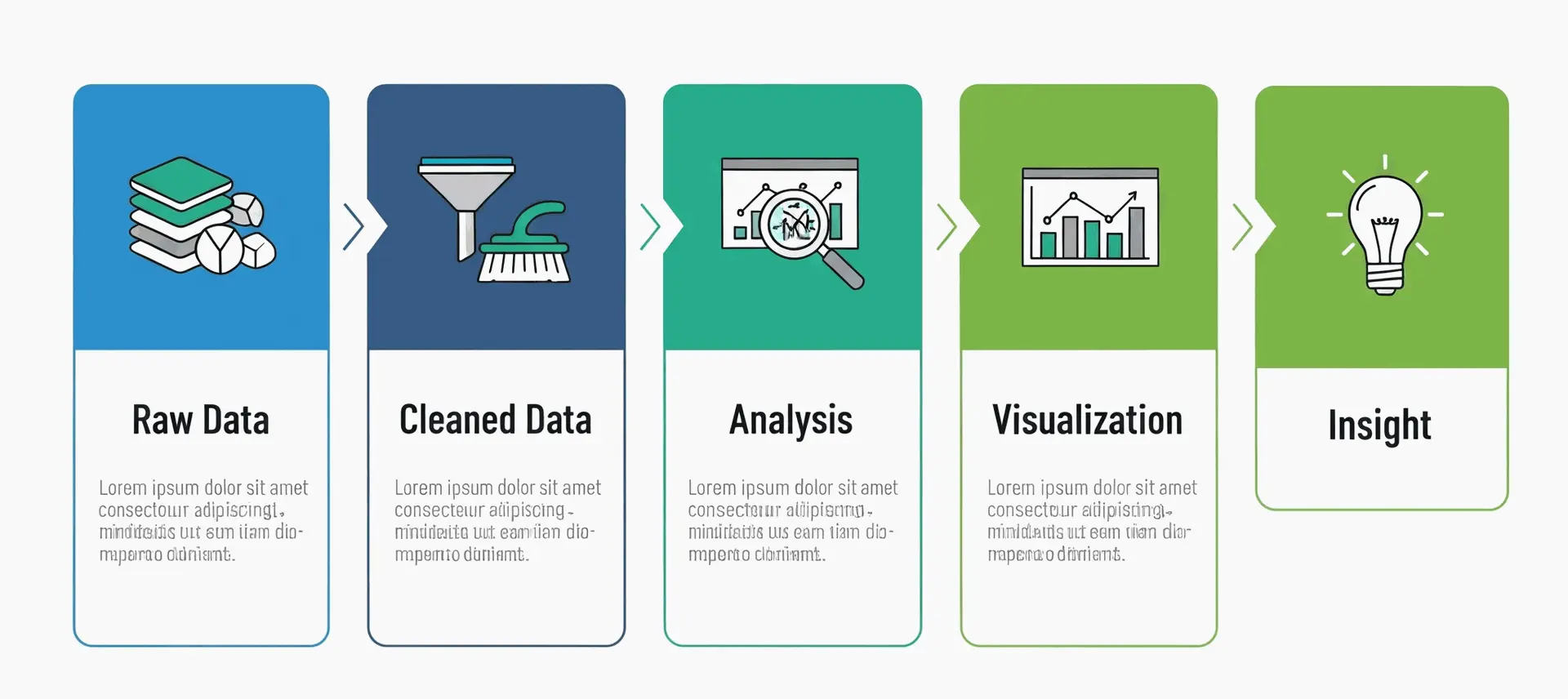
Key Concepts to Learn:
- Excel/Google Sheets: Start with the basics of organizing and filtering data.
- Python with Pandas/Matplotlib/Seaborn: For advanced manipulation and visualization.
- SQL: Learn how to query data from databases.
- BI Tools: Create dashboards using Power BI or Tableau.
Real-World Tip:
Pick a dataset from Kaggle (like IPL stats or COVID data) and create a visualization dashboard. Share it on LinkedIn—it’s a great portfolio piece that showcases your analytical thinking.
Skill #5: Cybersecurity Basics
As the world moves rapidly toward digital infrastructure, the threat of cyberattacks continues to grow. Every website, app, and user is vulnerable without the right security measures in place. That's why having a solid understanding of cybersecurity fundamentals is essential for tech students in 2025—regardless of whether you're a developer, analyst, or designer.
Why Cybersecurity Matters?
- Rising Threats: From phishing to ransomware, cyber threats are becoming more advanced and frequent.
- Everyone Is Responsible: You don’t need to be a cybersecurity expert, but every tech professional should know how to write secure code and protect user data.
- Critical for Compliance: Secure systems are not just good practice—they’re legally required in many industries.
How It Helps You Grow:
- Write Secure Code: Learn how to prevent vulnerabilities like SQL injection, cross-site scripting (XSS), and insecure APIs.
- Career Opportunities: Opens doors to roles like security analyst, penetration tester, or network security engineer.
- Professional Ethics: Understand the importance of data privacy, security policies, and responsible disclosure.

Key Concepts to Learn:
- Types of Cyber Attacks: Malware, phishing, DDoS, social engineering, etc.
- Authentication & Encryption: Learn how hashing and secure login systems work.
- Network Security Basics: Understand firewalls, VPNs, and secure protocols (HTTPS, SSL).
- Best Practices: Regular updates, secure storage, access control, and data backups.
Real-World Tip:
Take a basic cybersecurity course online. Then try to implement secure login systems in your own projects using salted passwords and token-based authentication.
Skill #6: Git & GitHub Collaboration
In today’s collaborative tech world, knowing how to use Git and GitHub is as essential as knowing how to code. Whether you’re working on a solo project, contributing to open-source, or collaborating with a team in an internship or job, version control is what keeps your code safe, organized, and trackable.
Why Git & GitHub?
- Track Your Work: Git allows you to save changes to your code over time—no more “final_v2_final_final_updated” files.
- Team Collaboration: GitHub enables multiple developers to work on the same project without overwriting each other’s code.
- Open Source Contributions: Many companies hire developers based on their GitHub profiles and contributions to public projects.
How It Helps You Grow:
- Professional Development Workflow: Learn to use branches, commits, merges, pull requests, and issue tracking.
- Project Portfolio: Showcase your projects with README files, demo links, and contributions.
- Internship Readiness: Most internships expect familiarity with Git workflows, especially in team environments.
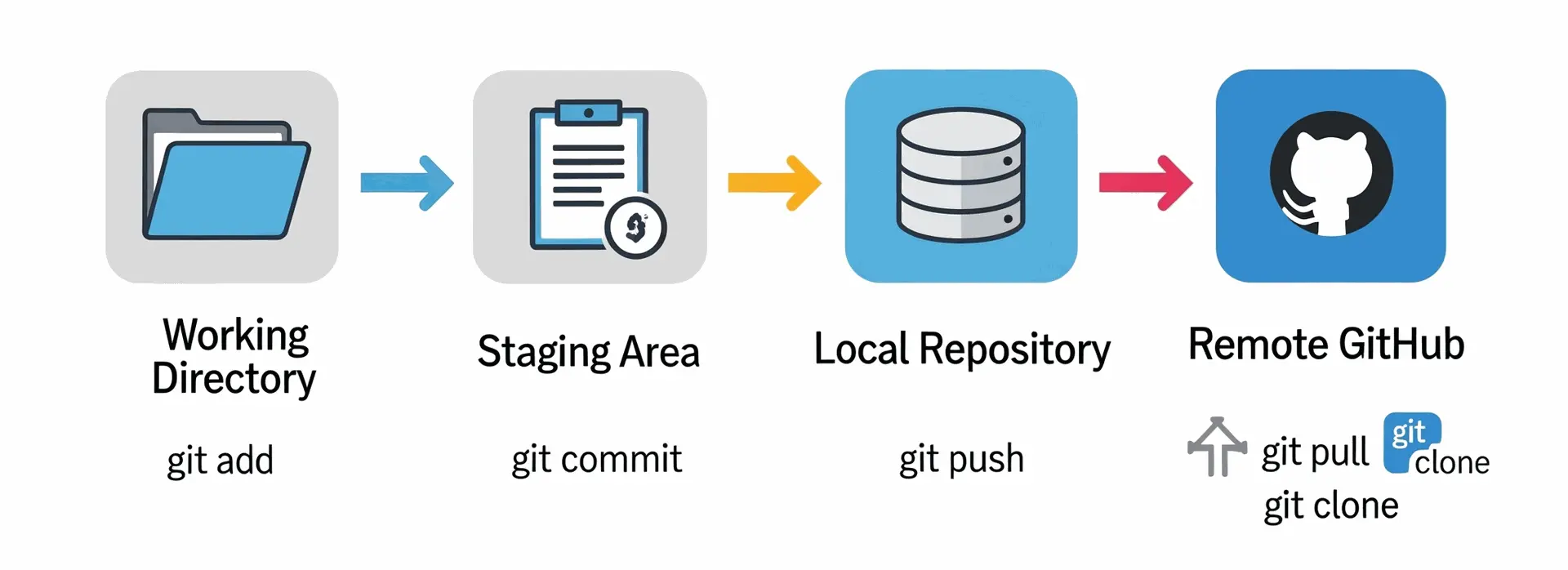
Key Concepts to Learn:
- Git Basics: Init, add, commit, push, pull, clone.
- Branching & Merging: Work on features without affecting the main code.
- Pull Requests & Code Review: Collaborate and communicate effectively with teammates.
- GitHub Pages: Host your portfolio or project documentation for free.
Real-World Tip:
Create a GitHub repository for each of your projects. Write clean commit messages, document your work in the README, and share links in resumes or LinkedIn profiles.
Skill #7: AI & Automation Awareness
Artificial Intelligence is no longer the future—it’s the present reality. From personal assistants like Siri and Alexa to intelligent recommendation systems on Netflix and Amazon, AI is deeply integrated into the tools we use every day. For tech students in 2025, having a strong awareness of AI and automation is not optional—it’s essential.
Why AI & Automation Awareness?
- Shaping the Future: AI is transforming industries like healthcare, education, marketing, finance, and software.
- Competitive Advantage: Even if you're not building AI models, understanding how they work gives you an edge in almost every tech role.
- Smarter Systems: Automation helps streamline repetitive tasks, saving time and increasing productivity.
How It Helps You Grow:
- Future-Proofing: Get ready for emerging job roles like AI product manager, prompt engineer, or ML operations specialist.
- Innovation-Driven Thinking: Learn to build smarter apps using automation tools or APIs.
- Project Enhancement: Add AI-based features like chatbots, recommendation engines, or sentiment analysis to your existing projects.
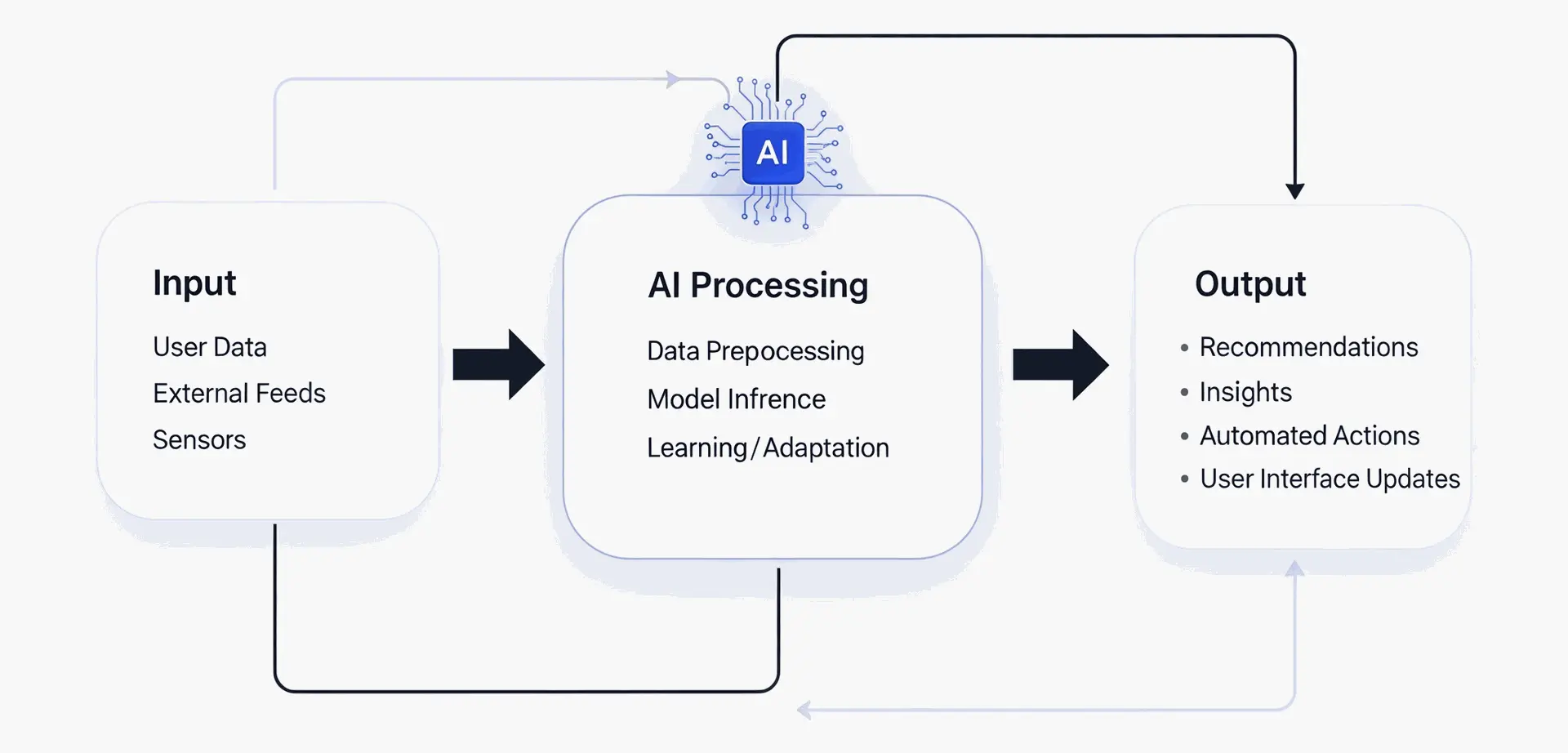
Key Concepts to Learn:
- Basic AI Terms: Understand what is machine learning, deep learning, NLP, and computer vision.
- No-Code Tools: Use platforms like ChatGPT, Google AutoML, or Make.com to automate tasks.
- Python Libraries: Try using Scikit-Learn, TensorFlow, or OpenCV for hands-on experimentation.
- Prompt Engineering: Learn to use AI tools effectively through well-structured input commands.
Real-World Tip:
Use AI tools to automate parts of your workflow—like summarizing data, generating content, or organizing tasks. This will not only boost your productivity but also demonstrate your smart working mindset.
How Next Gen Software Hub Helps Build These Skills
At Next Gen Software Hub, we believe that building a strong foundation in tech requires more than just learning theory—it demands real, hands-on experience. Our programs are designed to help students truly master the seven essential skills needed to thrive in 2025 and beyond.
1. Project-Based Internships
Our internship model is fully practical. Interns work on real-life projects, gaining exposure to how products are developed, tested, and deployed in the real world.
2. Domain-Specific Mentorship
Whether it's Web Development, Data Analytics, Cybersecurity, or UI/UX Design, our mentors guide you through each domain with practical lessons, tasks, and feedback.
3. AI and Automation Training
We help you integrate AI tools and automation into your workflows using no-code and low-code platforms. Interns explore tools like ChatGPT, Python automation scripts, and AI-powered dashboards.
4. Git and GitHub Mastery
From basic commands to collaborative workflows, our interns learn how to manage projects on GitHub, use branches effectively, create pull requests, and showcase their work professionally.
5. Soft Skills and Career Preparation
We help you build your personal brand—through LinkedIn profile polishing, resume crafting, mock interviews, and guidance on presenting your work in a clear, confident manner.
6. Recognized Certifications
On successful completion, interns receive two government-recognized certificates that validate both learning and internship performance.
7. PPO Opportunities
High-performing interns are offered Pre-Placement Offers (PPOs) with salaries ranging from ₹15,000 to ₹20,000 per month—helping you turn your learning journey into a career opportunity.
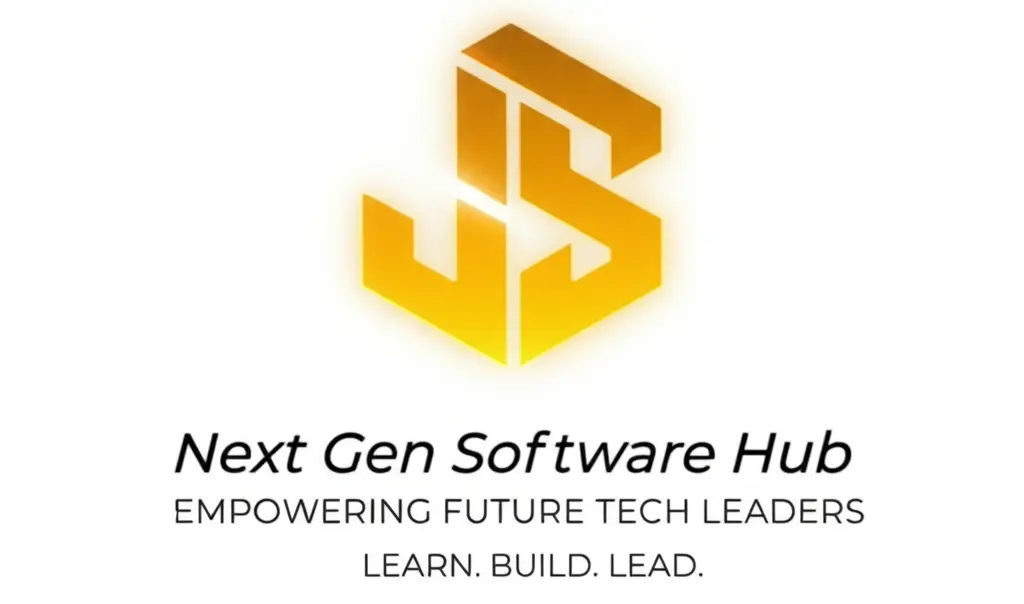
At Next Gen Software Hub, you don’t just learn. You grow. You build. You lead.